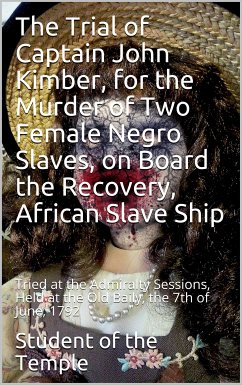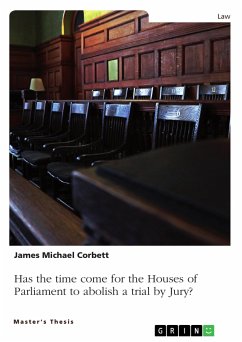ON a business which has so long agitated the public mind as the Slave Trade, every thing that can be said, must in some manner be interesting. The atrocity of that unnatural and abominable custom could not in any instance have been more abundantly manifested, than in the late decision of a large majority in the House of Commons.
Perhaps the procrastination of the same important question, in a superior House, may be productive of greater good than the people of England are aware of. Perhaps it may upon the next discussion lead to an immediate and total abolition of a cruel and inhuman traffic. It cannot but be lamented that a personage of the first rank, who could have no other motive except that of love for uncontroulable tyranny, should become so strenuous an advocate for slavery. He has more than once expressed his sentiments in public, and on the present occasion seemed to have comported himself with an extraordinary degree of zeal, which whether it became the dignity of a P——— in such a cause, we shall not take on us to determine, but leave it to the world to judge of the propriety of such conduct.
Whatever the public opinion may be relative to the prosecution carried on against Captain Kimber, who has been (we suppose fairly) acquitted by an English Jury, it was evidently a necessary and a useful measure. It may afford a salutary lesson to those captains of slave ships, and masters of slaves who should hereafter attempt to commit such horrid outrages as he has been charged with: and it may, from the circumstances here related, (for such barbarities have doubtless been often practised) fill the minds of men universally with horror against the present system: until tyranny shall at length give way to public opinion, and liberty and happiness be restored to human beings.
Perhaps the procrastination of the same important question, in a superior House, may be productive of greater good than the people of England are aware of. Perhaps it may upon the next discussion lead to an immediate and total abolition of a cruel and inhuman traffic. It cannot but be lamented that a personage of the first rank, who could have no other motive except that of love for uncontroulable tyranny, should become so strenuous an advocate for slavery. He has more than once expressed his sentiments in public, and on the present occasion seemed to have comported himself with an extraordinary degree of zeal, which whether it became the dignity of a P——— in such a cause, we shall not take on us to determine, but leave it to the world to judge of the propriety of such conduct.
Whatever the public opinion may be relative to the prosecution carried on against Captain Kimber, who has been (we suppose fairly) acquitted by an English Jury, it was evidently a necessary and a useful measure. It may afford a salutary lesson to those captains of slave ships, and masters of slaves who should hereafter attempt to commit such horrid outrages as he has been charged with: and it may, from the circumstances here related, (for such barbarities have doubtless been often practised) fill the minds of men universally with horror against the present system: until tyranny shall at length give way to public opinion, and liberty and happiness be restored to human beings.









